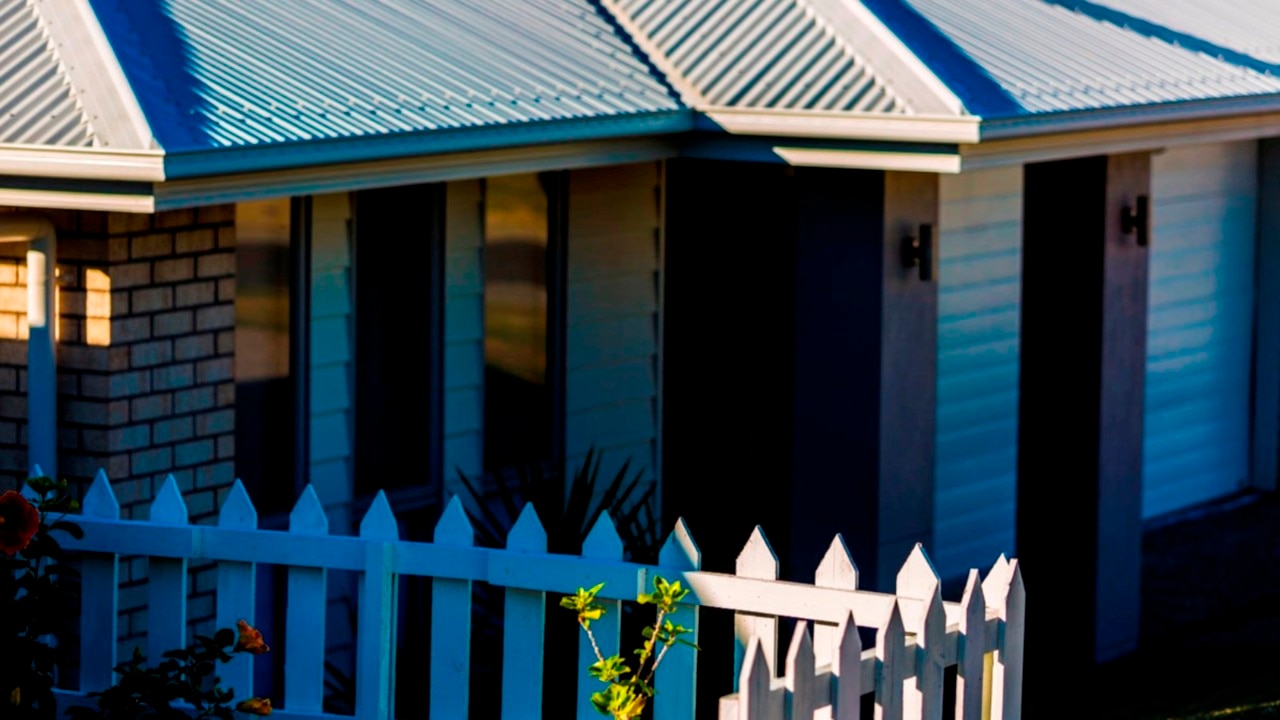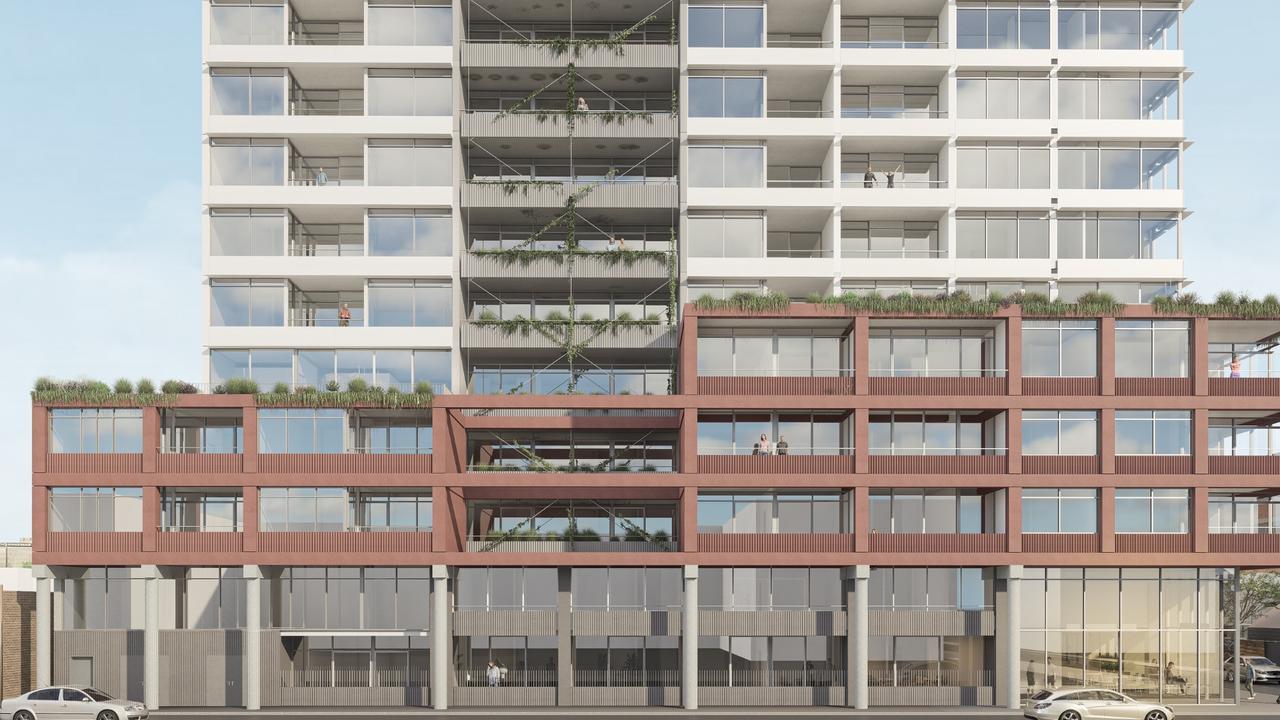House prices falls slow, but on track for 20pc decline
Declines in Australian house prices could be as bad as those seen in the US during the Global Financial Crisis - and the fallout is set to hit listed companies, investment bank Jarden has warned.

Business
Don't miss out on the headlines from Business. Followed categories will be added to My News.
House price falls rippling across the nation will continue until there is a 15-20 per cent decline, with the fallout to hit listed companies, according to investment bank Jarden.
National house price falls continued in September albeit at a slower rate, with all capital cities now affected, except Darwin, and more pain to come.
The investment bank’s call reinforces the chorus of warnings that falls could be as bad as US housing drops in the Global Financial Crisis and have a broader economic impact.
Auction clearance rates have stabilised around 60 per cent, up from 52 per cent in July, as the housing market has adjusted to rate hikes, with vendors also cutting expectations.
“While auction clearance rates into the 60 per cents would normally be associated with around flat house prices, we continue to expect RBA hikes to see a peak-to-trough decline in house prices of 15-20 per cent,” Jarden analysts said.

The home price falls are expected to be split 10 per cent this year and 5-10 per cent in 2023.
Analysts at Jarden said on ground feedback suggests the market is likely more than halfway through the fall in house prices, at least in Sydney, with prices down 10-15 per cent.
The bank said it continues to expect a 15-20 per cent fall in prices and 20 per cent-plus fall in volumes to drive a about 30 per cent peak-to-trough fall in new home loans.
“While building approvals are holding up better than expected, we continue to expect higher rates and lower prices to weigh on them ahead,” Jarden said.
“We expect the housing correction to weigh on housing-exposed sectors such as the banks, platforms, discretionary consumption, residential REITs and building materials. House price falls stabilise but broaden across markets as RBA hikes hit sentiment,” the analyst said.
Monthly sales fell 10 per cent year on year, with annual sales down 5.2 per cent year on year, down from a 40 per cent lift in September 2021. This is seeing quarterly turnover drop less than 5 per cent, the lowest since the first Covid-19 lockdowns, and suggests downside risk to household goods spending ahead.
Jarden said housing-exposed stocks could be hit by the continued housing correction, which will weigh on earnings and performance ahead. It predicted that banks would underperform over the next six‑12 months.
Property stocks mainly appear to have ridden the bump from the RBA rate rise of another 25 basis points on Tuesday. On Wednesday, Lendlease added 2.7 per cent while Stockland dipped 1.2 per cent and Mirvac was of by 1 per cent.
Notably, REA Group – the online real estate listing group majority owned by News Corp, publisher of The Australian – surged by 7.45 per cent.
The fund manager of the Pengana High Conviction Property Securities Fund, Amy Pham, said that over the past few weeks, the market had factored in that central banks will continue with aggressive rate hikes for the foreseeable future, which had driven higher long bond yields and a global sell-off in REITs.
“There are now some cracks in that assumption which suggests a slowdown in rate rises is warranted and yields may be at an inflection point,” Ms Pham said. She cited weaker than expected US manufacturing data and the RBA lifting the cash rate 25 points against the market’s expected 50 point increase.
She said this suggested that the recent rate hikes had worked to tame inflation. “As bond yields stabilise, this will provide a tailwind for the sector which has been oversold based on implied REIT pricing,” Ms Pham said.
Investment bank forecasters have been negative on the housing outlook with Morgan Stanley saying Australia is facing double the impact of its last house price correction as it expects values to fall 20 per cent nationally from peak to trough.
The Wall Street bank last week worsened its forecast from earlier expectations of a 15 per cent fall, joining the ranks of economists who are taking an increasingly negative view of the sector. But researchers at PropTrack found that home price falls steadied in September amid the spring selling season.
The forecasters said a moderation in price falls did not herald the end of declines and prices will continue to fall throughout spring as interest rates rise.
Originally published as House prices falls slow, but on track for 20pc decline



